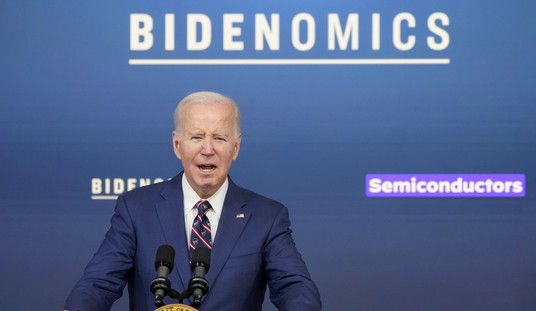In the Guardian, Simon Tisdall thinks the unthinkable — and it’s about time:
It would be far-fetched to describe the US and Britain’s long-term relationship with Saudi Arabia as a love affair, although elements of romance, blind infatuation and lustful mutual gratification have never been entirely absent. But what has become painfully clear from the furious row over the sycophantic official reaction in Washington and London to the death, this month, of King Abdullah is how much the relationship has changed, at least on the west’s side of the bed…
Intent on offering his condolences and meeting Abdullah’s successor in person, Obama led an exceptionally high-powered delegation to Riyadh that included former secretaries of state, past presidential candidates and senior military commanders. Similarly subservient, Britain had already sent David Cameron and Prince Charles.
Yet when asked to justify this level of attention and, for example, the flying of flags at half-mast on government buildings, Downing Street was hard put to explain its stance. Saudi Arabia was an important ally and economic partner came the muttered reply from No 10, and others. To act otherwise would have been “aggressive” and impolite. A legion of critics vociferously disagreed.
This kneejerk diplomatic kowtowing, embedded in the thinking of a cold war, 1980s world that no longer exists, looks increasingly anachronistic and warrants close scrutiny. All the main policy planks underpinning the Saudi relationship are, more or less, under challenge.
Tisdall goes on to list them, including a shift in the balance of global oil-producing power (thanks, fracking! thanks, North Dakota!), which is breaking the sheikdom’s stranglehold on oil prices, but also its self-protective, two-faced role in the “War on Terror” (if Bush had called it by its proper name, a war on radical Wahhabist Islam, the Saudis wouldn’t have been able to get away with their tiresome act), and of course their despicable repression of women, public beheadings, etc.
The relationship with the west has survived several wars between Israelis and Arabs, in Afghanistan and in Iraq (twice); the chilling predominance of Saudi nationals in the 9/11 attacks and the rise of al-Qaida; serious bribery and corruption scandals and diplomatic rifts; recurring oil crises; deepening concern over Saudi funding for extremist religious teaching and its links to terrorism; escalating rows about egregious human rights abuses and the repression of women, and most recently, the Syrian calamity and the ascendancy of the black-shirted head-cutters of Islamic State.
But it has survived at what cost? For many in Britain and the US (which, post-1945, gradually assumed Britain’s geostrategic role in the Arabian peninsula, as elsewhere), the rationale binding western interests so closely to the Saudi state is no longer obvious, persuasive, welcome or easily justified.
You can say that again. Given its structural weaknesses, the sheikdom’s future under its new hereditary fraternal “monarch” looks very dubious.
Writing days before Abdullah’s death, the American author Stephen Kinzer warned that the basis of the west’s relationship with the Saudi regime was shifting in fundamental ways, while Saudi Arabia’s position in a region beset by insurrection and civil war was ever less secure. “The most intriguing candidate for collapse is Saudi Arabia,” Kinzer wrote. “For more than half a century, Saudi leaders manipulated the United States by feeding our oil addiction, lavishing money on politicians, helping to finance American wars, and buying billions of dollars in weaponry from US companies. Now the sand is beginning to shift under their feet.
“After [King Salman, Abdullah’s successor, departs the scene], a power struggle within the royal family is likely. No one can say how intense or violent it might become, but the prospect of crisis comes at an especially bad time. The region is afire and oil prices are plummeting. It would be foolish to bet that Saudi Arabia will exist in its current form a generation from now.”
“Three generations and out” has long been rule in the United States, whether for Rockefellers or the Gambino crime family; or “from shirtsleeves to shirtsleeves in three generations.” Let’s hope the same is true for the Saudis, although in this case it’s from camels to camels.









Join the conversation as a VIP Member